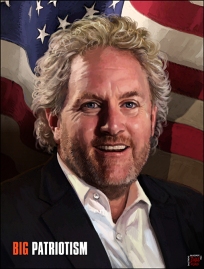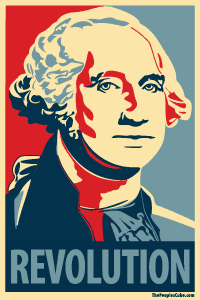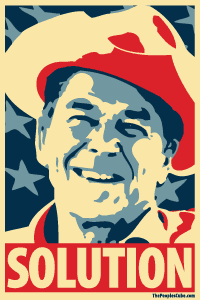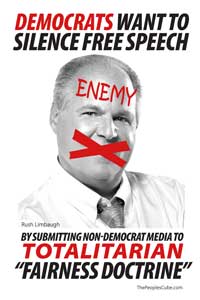By Bob Parks | June 16, 2012 | Black and Right
This whopper deserves all the attention it can get. Again, it shows the ignorance and contempt of the electorate liberals depend on.
In 2010, Democrats gave their website a facelift and whitewash. Click on the screenshot above to see what they used to say about their civil rights history compared to now. [Read more…]

 As we ready ourselves for the inevitable onslaught against Romney’s religion, we need to educate ourselves on Obama’s own beliefs, which are the most unusual of any candidate. Even taking Barack at his word, that he is a “Christian”, his beliefs are highly atypical of biblical Christianity. Barack, as an acolyte of Reverend Jeremiah Wright’s ideology, is really a follower of James Cone’s own racist and Marxist Black Liberation Theology. This is the subject of today’s essay.
As we ready ourselves for the inevitable onslaught against Romney’s religion, we need to educate ourselves on Obama’s own beliefs, which are the most unusual of any candidate. Even taking Barack at his word, that he is a “Christian”, his beliefs are highly atypical of biblical Christianity. Barack, as an acolyte of Reverend Jeremiah Wright’s ideology, is really a follower of James Cone’s own racist and Marxist Black Liberation Theology. This is the subject of today’s essay.






